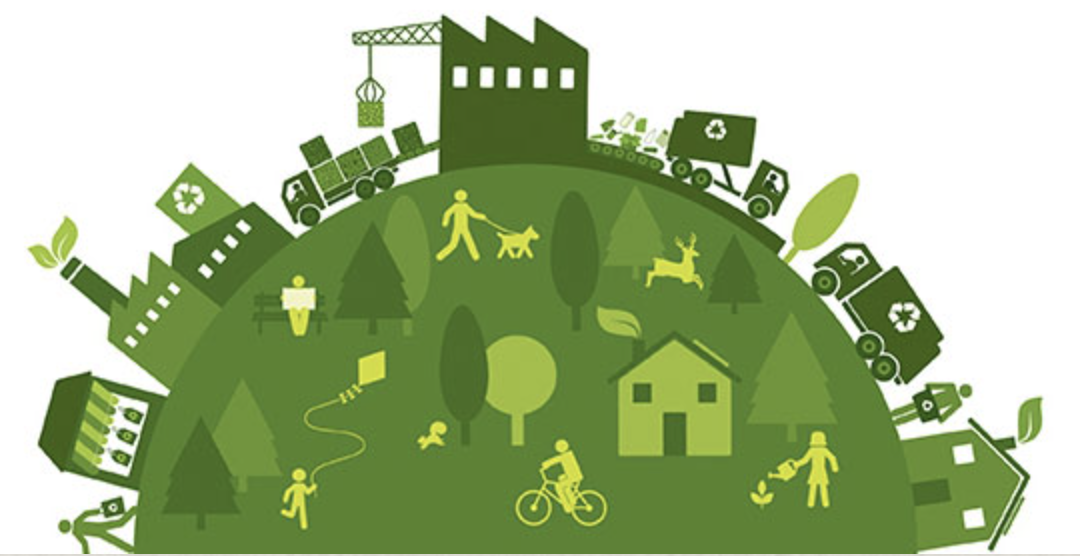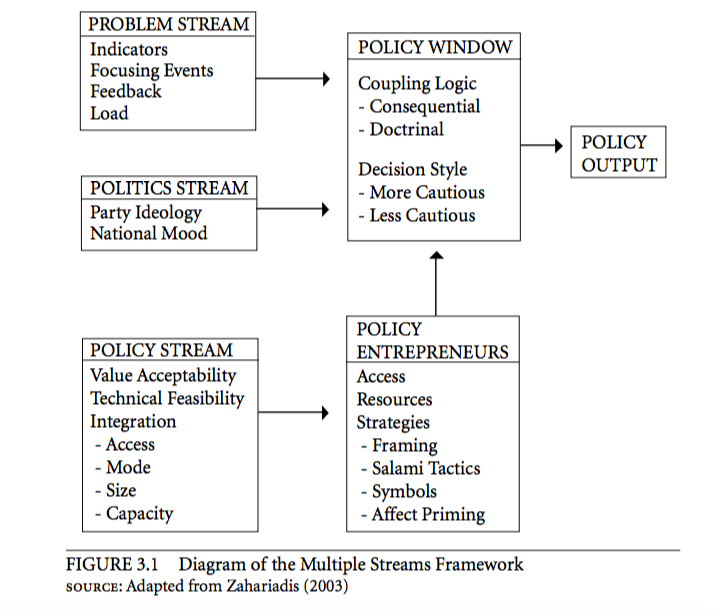Home | Overview | Schedule | Links
Introduction to Environmental Policy

Session 7
Case Study One: Traffic Congestion in NYC
EVR 2861
Note:
You are to read about the NYC congestion issue in Cohen's book but to really understnd it you need to review the assigned videos to grasp it from a NYC perspective.)
Reading:
Cohen, Steven (2014) Understanding Environmental Policy. New York, NY: Columbia University Press, Ch. 3.
Trottenberg, Polly (2018) New York City Mobility Report: 2018. New York City Department of Transportation.
Video: Congestion Pricing in NYC; NYC's Congestion Pricing Experience; Bloomberg's Announcement on Congestion Pricing; Can Congestion Pricing Work?
Homework:
- In a nutshell, what's wrong with the NYC traffic system?
- What are the four most popular ways people get to work in NYC ranked by popularity from highest to lowest?
- Describe the city's environmental health issues.
- How well have tolls worked to ease congestion of traffic? Explain.
- Explain "congestion charging" and how it has been applied in other cities.
- Explain Bloomberg's "congestion pricing plan."
- Describe opposition to Bloomberg's plan and how its revival was received.
- According to Trottenberg's 2018 report, how has the launch of the Second Avenue Subway in NYC impacted traffic in the city?
- Apply Cohen's policy framework and address how congestion pricing related to (1) values, (2) political issues, (3) science & technology concerns, (4) public policy design and (5) management.
- Now look below at the Zahariadis "multiple stream" policy framework and describe in the NYC congestion pricing case issues relating to "indicators" and "focusing events" for the Problem Stream, "party ideology" and "national mood" for the Politics Stream, "Value acceptability" and "feasibility for the Policy Stream and identify who some of the "policy entrepreneurs" were in the case study.
